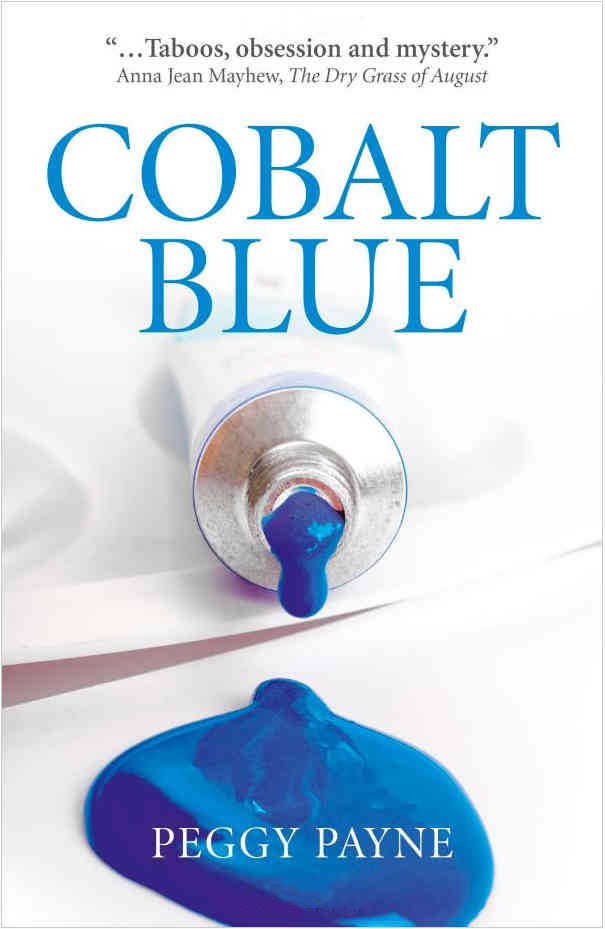Gary Chapman has a  somewhat similar sounding book [I’ve not read it], to my model for a complete apology, based on in what style one would want to be apologized-to/finding the right style in which the Other prefers to receive apologies. I think incorporating all these aspects in all important apologies is neither excessive nor inappropriate..  Diplomacy and good manners are never inappropriate, and often they make close relationships last.  Here’s an outline of my thoughts.  Do let me know how this works for you.
   1.  First, an authentic ” I am sorry”, with acknowledgement of the other’s realistic hurt;
2. Â and “I won’t do it again/or I’m really working on that” – if you can’t genuinely promise not to do it again, you can say “I’ll do my best not to do it again”, and do your best;
3. “How can I make it up to you?” after they have a few moments to consider, you can offer something specific, if you know an action/whatever that might balance the books ; for example ” I’ll do  …../ a household task for an appropriate time period- negotiate if what’s asked is more than feels right to you – if they say “nothing” or “that’s OK”, suggest that something might come to one of your minds after a while, and be open to that;
4. Do it promptly, completely and willingly if there’s an it;
 5. Then forget it, because it’s over = be present centered.
To my chagrin, I just had opportunity to use this model connected with a mistake I made in therapy. This model offers a useful option to work through the inevitable unfortunate occurrences in relationships which would otherwise destroy the relationship, Dr Bob

